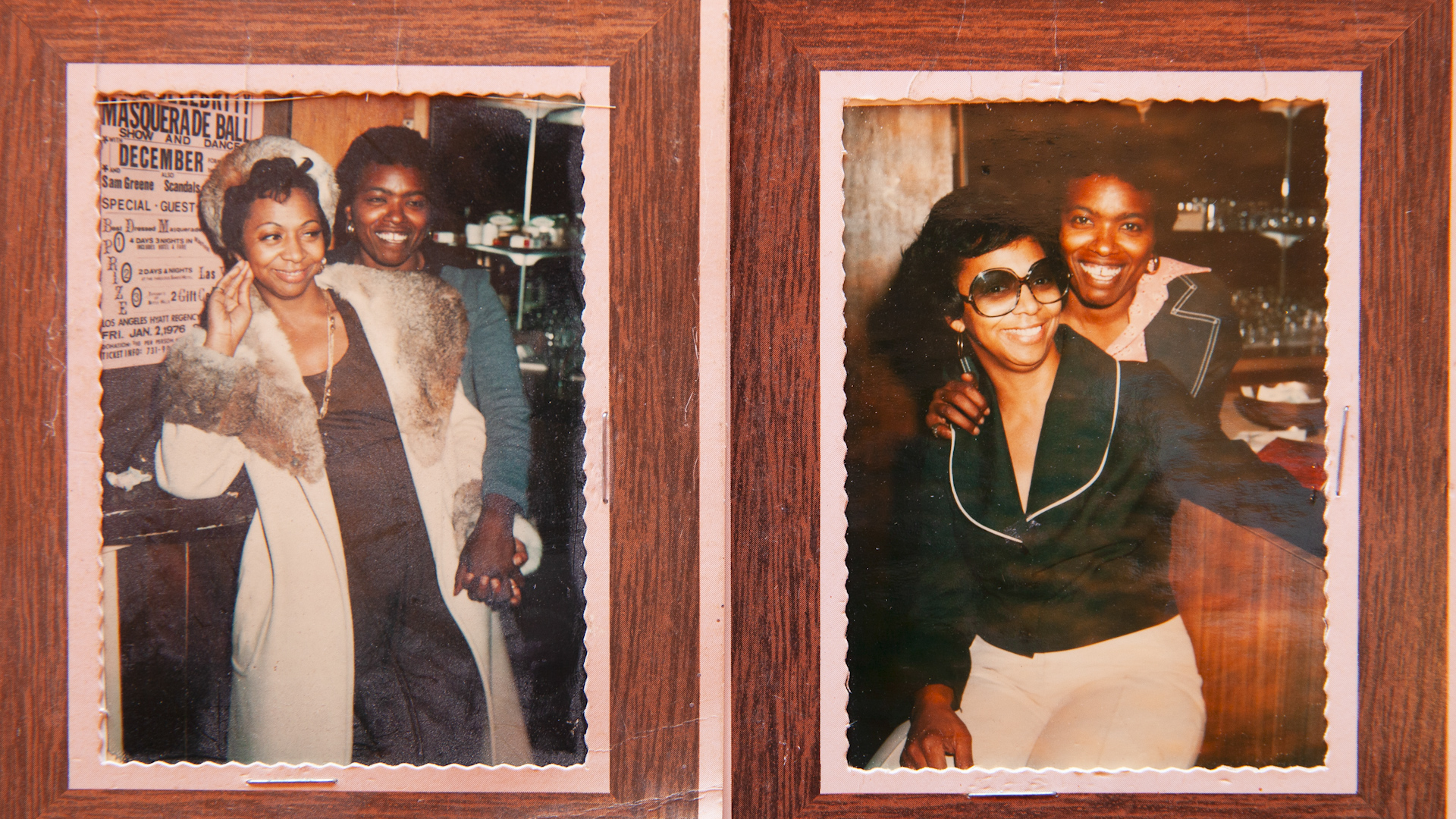
Jewel Thais-Williams
After graduating from UCLA, Jewel Thais-Williams opened up a clothing store, but when the recession hit in the early 1970’s she realized she needed a business venture that was “recession proof.” At the time, her brother owned a liquor store, but the idea of selling alcohol without a connection to the community turned her off. That’s when she realized opening a bar was the way to go. People will always need a place to drink, and there were little to no places where queer Black people like herself could safely go. That’s how the story of Jewel’s Catch One began.
She opened the now legendary disco nightclub on the corner of Pico Blvd. and Norton Ave. in 1973. When she first bought the space, the bartenders that had been working there walked out on her because they refused to work for a Black woman. Then, she faced harassment from the police and city inspectors. Despite these adversities, Thais-Williams persisted and created a much-needed environment where everyone felt welcomed and liberated.
Before selling it in 2015, the Catch One was the longest running Black gay dance club in Los Angeles. Throughout the years, countless celebrities danced the night away in its cavernous halls. But the most important legacy of the nightclub, was the safe space it provided for queer Black folks who didn’t feel welcome in places like West Hollywood. It became a haven for the community to feel free and celebrate despite the discrimination they felt outside the club’s walls.
Community
After forty years of running the Catch One, Thais-Williams decided to shift her focus to the community clinic she opened right next to the dance club. She went back to school in her 50’s and studied Chinese medicine. The Village Health Foundation provides alternative and preventive medicine at affordable prices. Now in her 80s, Thais-Williams still provides services like acupuncture, cupping, and PTSD treatments to a community that might not get it otherwise. She continues her mission of providing spaces for people to feel better, whether it’s through dancing or physical and spiritual wellness.
“The Catch One wasn’t just a place to drink and party, but to be culturally and civically involved with the community as a result,” explains Thais-Williams. “The clinic has been my main way of giving back to the community, and interacting with the community.”
- Dance
- Music
- Recreation
- Historic
- Landmark
- Memory
Media
The club was life. The chatter was loud. The laughter was loud. Superb dancing music. Folks couldn't stop. And the music was continuous. It was a safe place in more ways than one to be real - Jewel Thais-Williams



















































